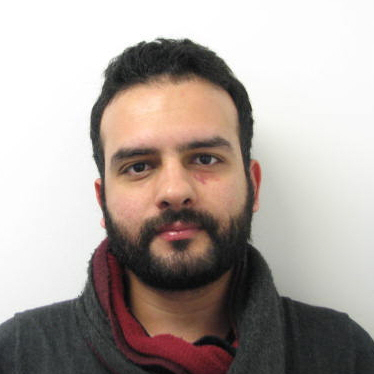Events Calendar
The promise of personalized radiotherapy (RT) is to tailor the treatment course according to genetic and radiobiological characteristics of patients. Functional imaging, due to its noninvasive nature, wealth of spatial information, and potential for repeated acquisition throughout the treatment course, provide an intriguing source of patient-specific information which might be leveraged for treatment personalization. The crux of the problem is two-fold: (i) how to translate the noisy and unstructured imaging data into meaningful radiobiological parameters, and (ii) how to use these parameters in an effective RT adaptation strategy. In this talk, I will review three strategies for biological adaptation of RT according to functional imaging information: (1) uniform dose escalation, (2) dose painting by numbers (DPbN), and a (3) Bayesian RT adaptation. Specifically, I will discuss the applications of positron emission tomography (PET) imaging using 18F-fluorothymidine, FLT (biomarker of cell proliferation) and 18F-fluorodeoxyglucose, FDG (biomarker of cell metabolism) tracers in spatiotemporal biological adaptation of RT. Two cancer sites, head-and-neck sinusoidal cancer (HN) and non-small cell lung cancer (NSCLC) will be studied to develop the framework and evaluate the performance of these strategies. I will also discuss the impact of imaging uncertainties and the timing of biomarker acquisition.

Short bio: Ali Ajdari is an Instructor and researcher at the Department of Radiation Oncology of Massachusetts General Hospital and Harvard Medical School. He did his PhD in Operations Research and Optimization at the University of Washington, during which he worked on the applications of robust and stochastic optimization in radiation therapy. Following that, he spent two years as postdoctoral fellow at the division of Radiation BioPhysics of MGH and worked on the problem of Optimal Stopping in Radiation Therapy (OSRT). His works have been centered on finding innovative solutions for RT personalization by integrating mathematics, machine learning, and radiobiology.
The recording can be found here.
